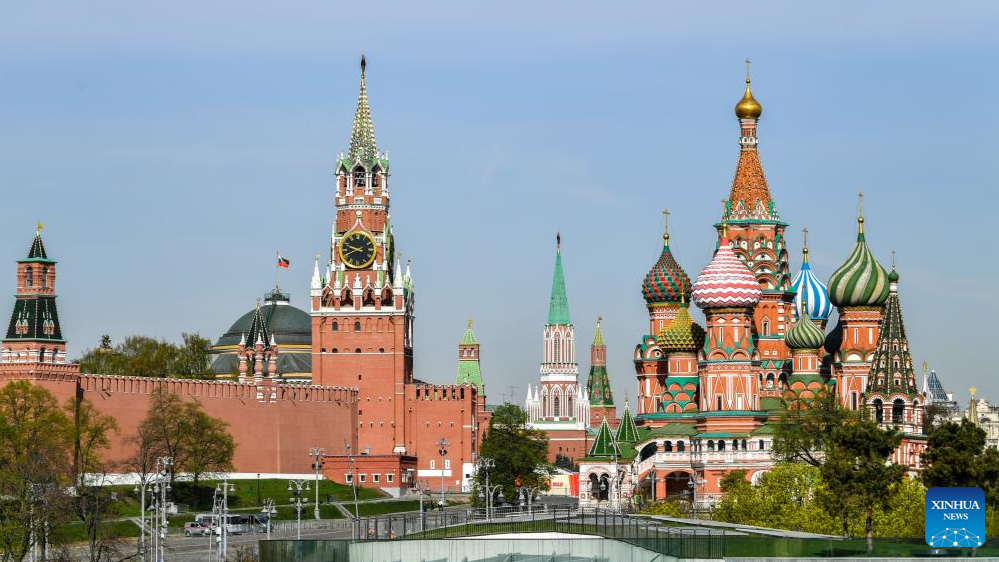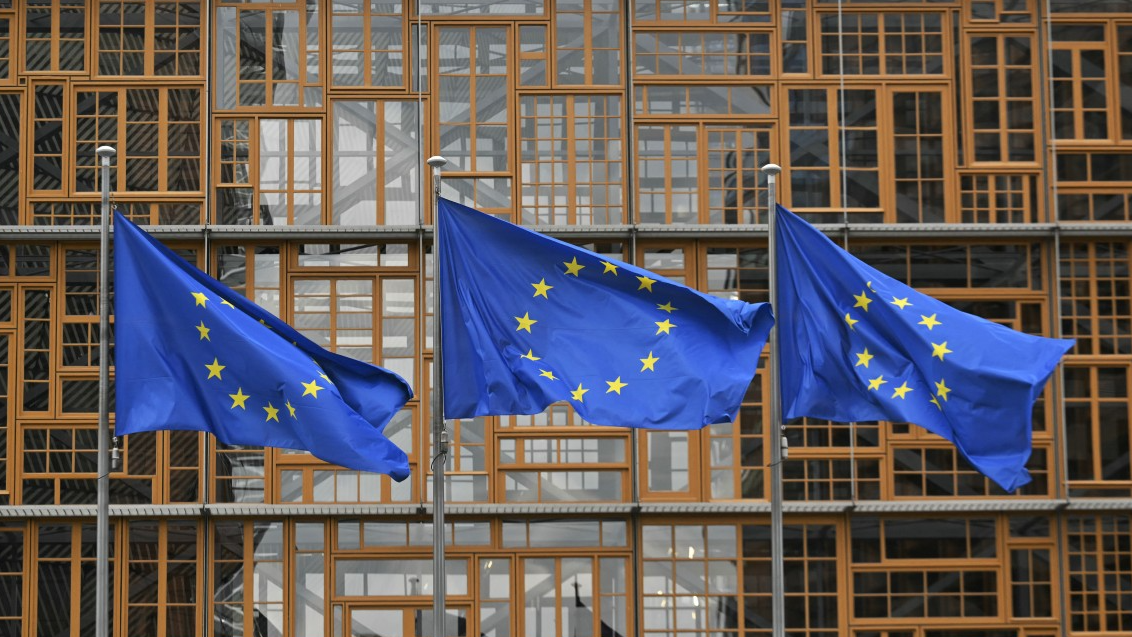
MOSCOW/OSLO - European countries are doing everything in their power to encourage Kiev to continue the war, Kremlin spokesman Dmitry Peskov said Thursday.
"From our perspective, the key factor is the stance of European countries, they are sparing no effort to encourage the Kyiv regime to keep fighting, and by doing so, they are effectively preventing the Kyiv regime from engaging in negotiations," Peskov said, adding that Europe's role in escalating the war situation with Russia has been maximized.
He noted that Kyiv would have acted differently if it had not been emboldened by Europe.
The spokesman added that Europe is advocating for the construction of new walls, though history has long proven the absurdity of such actions.
"They (European countries) are trying to portray Russia as an evil force. That is why they plan to drastically increase their military spending," Peskov emphasized.
Peskov stated that Europe is obstructing efforts to reach a peaceful settlement in Ukraine.
He said that US President Donald Trump's peace efforts to resolve the Ukraine situation have hit a wall with "European militarism," adding that such efforts are nonetheless important. "Washington maintains the political will to work toward bringing the situation in Ukraine into a political and diplomatic framework, and Russia takes this fact into account," he said.
Peskov noted that Russia is now working to safeguard the interests of future generations, adding that the country will continue its special military operation while remaining open to negotiations.
In August, Trump and Russian President Vladimir Putin met in the US state of Alaska, with progress made but no deal reached on the Ukraine crisis.
Peskov said Sunday that Putin is willing to meet with Trump in Moscow, but the decision rests with the US side.
ALSO READ: Kremlin says negotiations with Ukraine on hold

'Very firm response'
Moscow will have a "very firm response" if the EU takes any actions targeting Russian assets, Russian Foreign Ministry spokesperson Maria Zakharova said Thursday.
"Guided by the principle of reciprocity, any EU attempt to encroach on our property will be met with a very firm response, and they are well aware of this. Russia has a sufficient arsenal of countermeasures and the capacity to mount an appropriate reciprocal political and economic response," Zakharova said in a briefing.
She said that European countries must strictly fulfill their international obligations -- confiscating, freezing, or otherwise using sovereign assets without the owners' consent constitutes a gross violation of the principle of sovereign equality among states.
In September, European Commission President Ursula von der Leyen proposed providing Ukraine with a new loan funded by frozen Russian assets. She claimed Ukraine would only repay the loan if Russia pays "reparations," though there is no consensus on the loan within the EU.
Since the start of Russia's special military operation in Ukraine, the EU and G7 countries have frozen nearly half of Russia's foreign exchange reserves, approximately 300 billion euros ($351.4 billion). Over 200 billion euros ($234.3 billion) of this sum is held in the EU, primarily in accounts at Belgium-based Euroclear, one of the world's largest settlement and clearing systems.
In early October, the European Commission announced that in January-September 2025, the EU had transferred 14 billion euros ($16.4 billion) to Ukraine, using funds generated from the frozen assets of the Central Bank of Russia.
Russia's Foreign Ministry has repeatedly decried the freezing of its assets in Europe as theft, highlighting that EU measures target both private and state property. Foreign Minister Sergei Lavrov warned that Moscow will retaliate against any confiscations, noting Russia could similarly withhold Western funds held within its borders.
POWs exchange
Russia and Ukraine exchanged 185 prisoners of war (POWs) each under an agreement reached during recent talks in Istanbul, the Russian Defense Ministry said Thursday.
In line with the Russian-Ukrainian agreement struck on July 23, 185 Russian servicemen have been repatriated from territory controlled by Kyiv. In return, the Russian side has released 185 Ukrainian POWs, said the ministry.
Additionally, 20 Russian civilians have been returned from areas under Kiev's control, the ministry added.
The repatriated Russian servicemen and civilians are now in Belarus, receiving medical and psychological support, before being transported to Russia for further treatment and rehabilitation, it noted.
Ukraine's EU membership
Also on Thursday, European leaders convened in Copenhagen, Denmark, for the seventh meeting of the European Political Community (EPC), with Ukraine's prospects for future ties with the European Union (EU) high on the agenda.
Hosting the summit, Danish Prime Minister Mette Frederiksen underscored Europe's security challenges, saying the continent must become strong enough to make war "unthinkable."
Ukrainian President Volodymyr Zelensky said his country is ready to open the first cluster of EU accession negotiations, arguing that such progress would strengthen Europe's overall security.
However, Hungarian Prime Minister Viktor Orban reiterated his opposition, telling reporters that Ukraine's full membership in the EU was unacceptable. "Membership would bring the war into the EU, and EU money would go to Ukraine. That is too much," he said, adding that a strategic partnership on economic, energy and security issues would be acceptable.
Before Denmark assumed the rotating EU presidency on July 1, Copenhagen signaled its intention to push forward accession talks with Ukraine, including the opening of negotiation clusters. But Hungary's objections have raised doubts about how much progress can be achieved during Denmark's presidency.
The Copenhagen summit brought together around 50 leaders from both EU and non-EU countries under the EPC framework, with discussions focused on European security and hybrid threats.
Launched in 2022, the EPC serves as a platform for informal political and strategic dialogue to strengthen security, stability and prosperity across the European continent.


